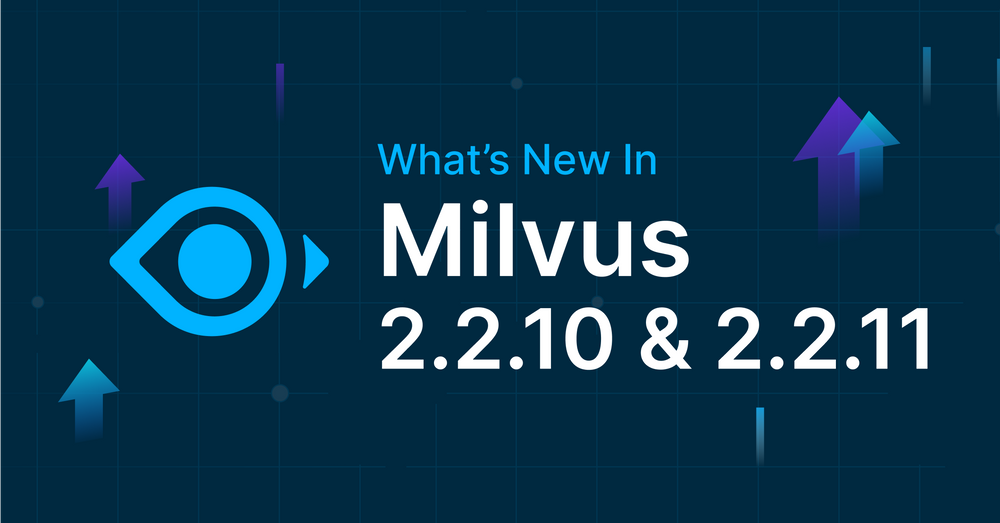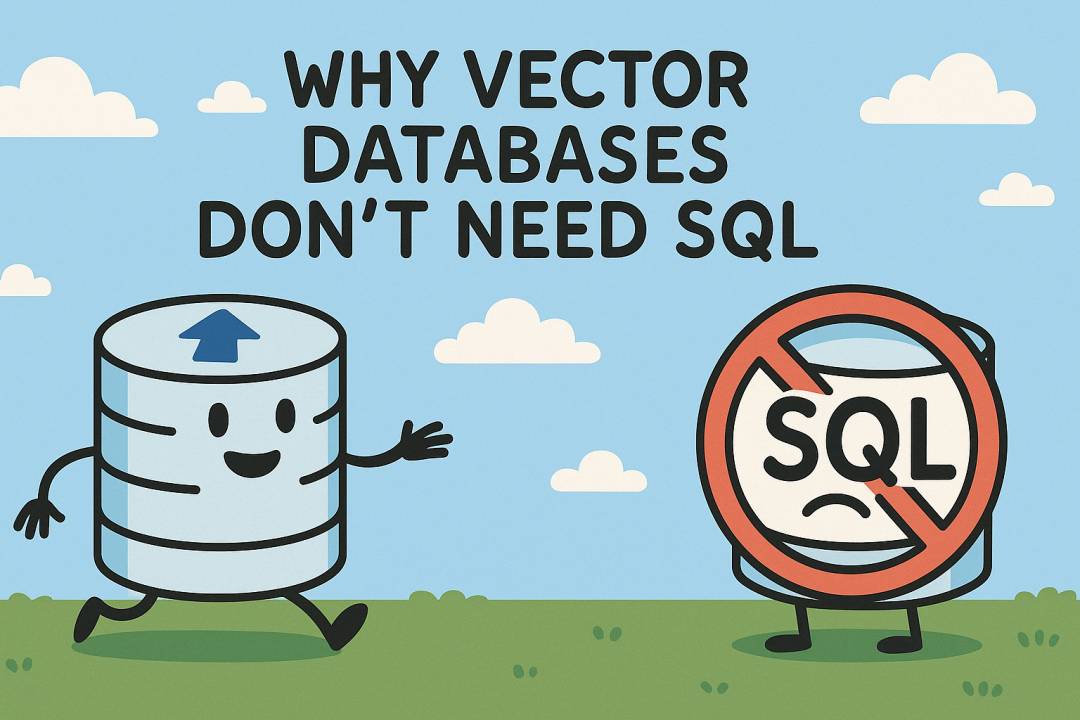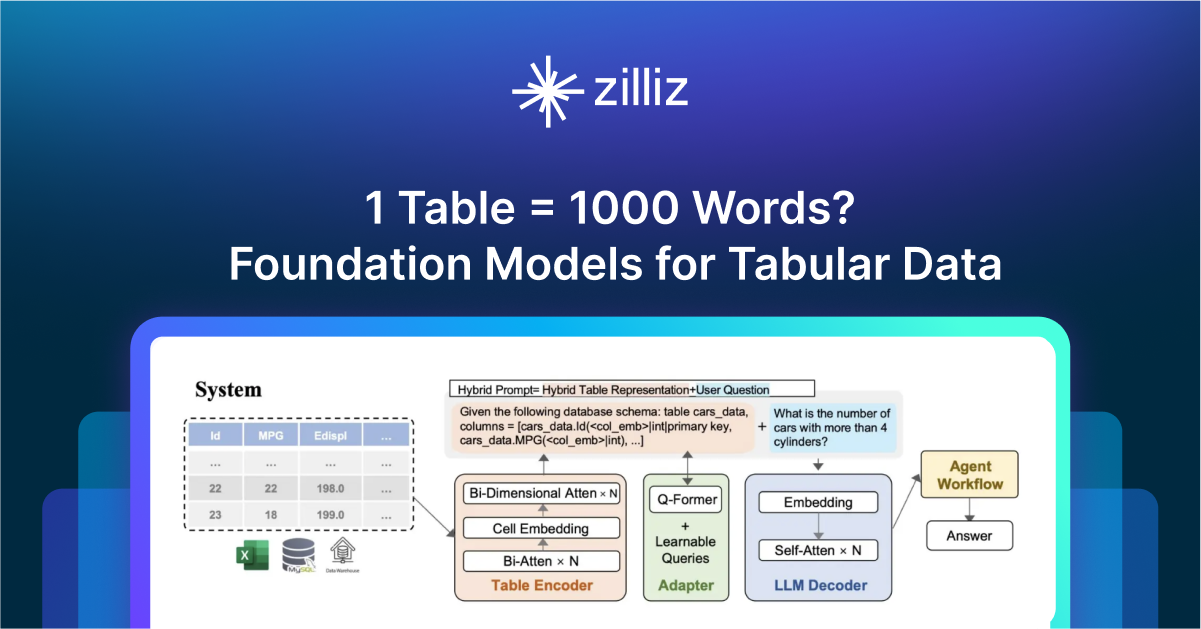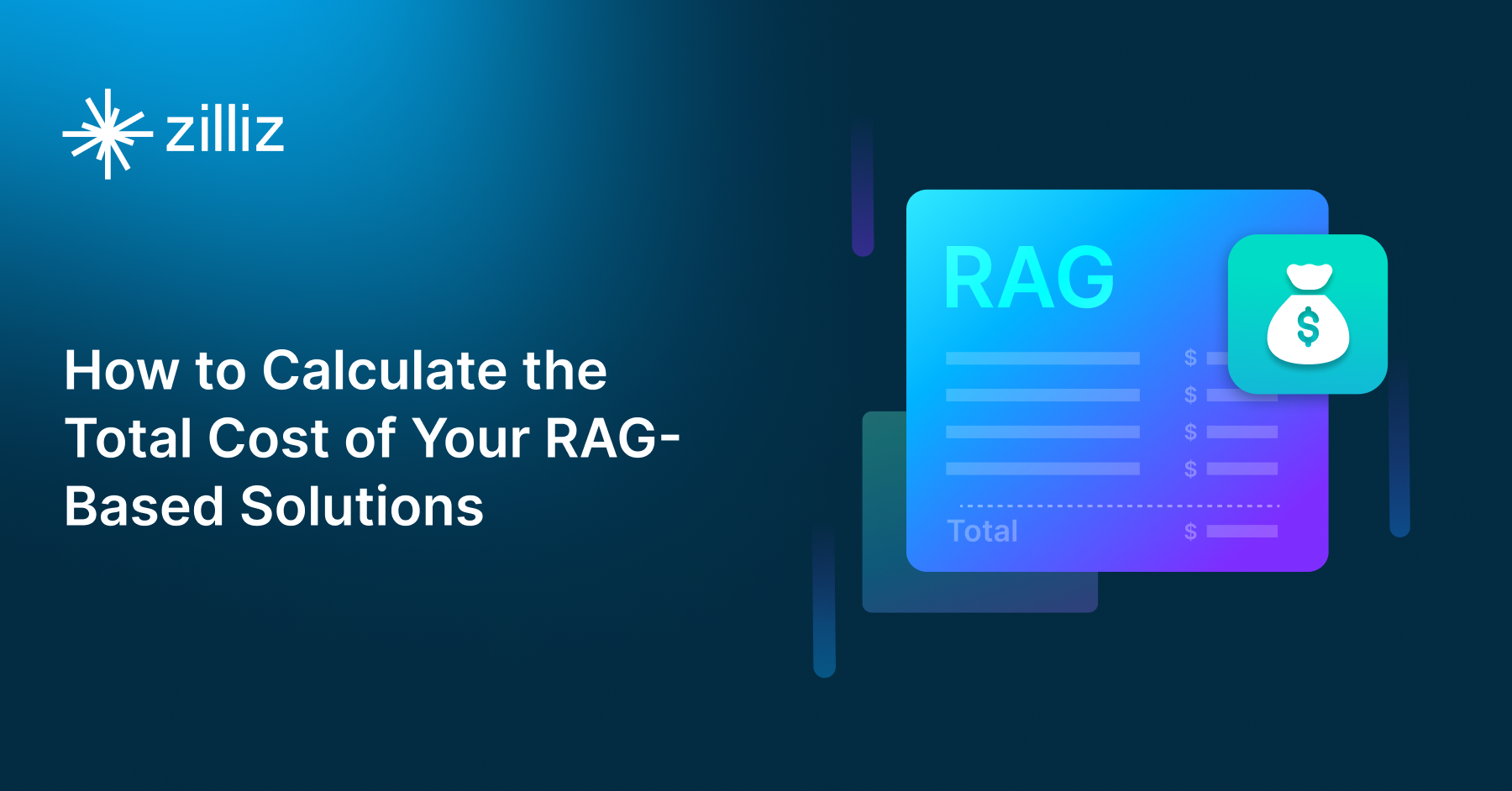What's New in Milvus 2.2.10 and 2.2.11

We are excited to announce the release of Milvus versions 2.2.10 and 2.2.11! These latest versions come loaded with numerous enhancements that significantly improve the product's functionality and user experience. We have incorporated feedback from our community of users and made updates to enhance the performance and user experiences further! This blog post will highlight some of the more prominent features. For a complete list of changes, please check the release notes.
📦 PyPI: https://pypi.org/project/milvus/
📚 Docs: https://milvus.io/docs
🛠️ Release Notes:
🐳 Docker Image: docker pull
🚀 Release: milvus-2.2.11
We are continuously enhancing RBAC to expand the security functionalities across different aspects of the system. In version 2.2.10, we introduced the 'FlushAll' function and Database API to the RBAC capabilities. These updates offer improved control over permissions and access to sensitive operations, ultimately enhancing the system's overall security.
Additionally, both versions, 2.2.10 and 2.2.11, introduced several optimizations and upgrades. Notably, in version 2.2.11, we optimized disk usage for RocksMq by enabling zstd compression starting from level 2. This enhancement significantly improves storage efficiency. Additionally, in version 2.2.10, we made a major improvement by replacing the CGO payload writer with a Go payload writer. This change reduced memory usage, leading to improved system performance and stability.
Please note that there are several bug fixes and performance enhancements in the Milvus 2.2.10 & 2.2.1 releases, so check out the release notes for more details.
Summary
In addition to all of the features listed above, Milvus 2.2.10 & 2.2.11 include several bug fixes and improvements. To learn more:
See the release notes for version 2.2.10 & version 2.2.11 for the complete list of changes Download Milvus and get started.
- Summary
Content
Start Free, Scale Easily
Try the fully-managed vector database built for your GenAI applications.
Try Zilliz Cloud for FreeKeep Reading

Why AI Databases Don't Need SQL
Whether you like it or not, here's the truth: SQL is destined for decline in the era of AI.

1 Table = 1000 Words? Foundation Models for Tabular Data
TableGPT2 automates tabular data insights, overcoming schema variability, while Milvus accelerates vector search for efficient, scalable decision-making.

How to Calculate the Total Cost of Your RAG-Based Solutions
In this guide, we’ll break down the main components of RAG costs, show you how to calculate these expenses using the Zilliz RAG Cost Calculator, and explore strategies to manage spending efficiently.
